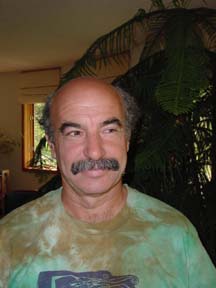by Claire Truscott
A vast hunk of floating ice has broken away from the Antarctic peninsula, threatening the collapse of a much larger ice shelf behind it, in a development that has shocked climate scientists.
Satellite images show that about 160 square miles of the Wilkins ice shelf has been lost since the end of February, leaving the ice interior now “hanging by a thread”.
The collapsing shelf suggests that climate change could be forcing change much more quickly than scientists had predicted.
“The ice shelf is hanging by a thread,” said Professor David Vaughan of the British Antarctic Survey (BAS). “We’ll know in the next few days or weeks what its fate will be.”
The Wilkins shelf covers an area of 5,600 square miles (14,500 sq km). It is now protected by just a thin thread of ice between two islands.
Vaughan was a member of the team that predicted in 1993 that global warming could cause the Wilkins shelf to collapse within 30 years
A vast hunk of floating ice has broken away from the Antarctic peninsula, threatening the collapse of a much larger ice shelf behind it, in a development that has shocked climate scientists.
Satellite images show that about 160 square miles of the Wilkins ice shelf has been lost since the end of February, leaving the ice interior now “hanging by a thread”.
The collapsing shelf suggests that climate change could be forcing change much more quickly than scientists had predicted.
“The ice shelf is hanging by a thread,” said Professor David Vaughan of the British Antarctic Survey (BAS). “We’ll know in the next few days or weeks what its fate will be.”
The Wilkins shelf covers an area of 5,600 square miles (14,500 sq km). It is now protected by just a thin thread of ice between two islands.
Vaughan was a member of the team that predicted in 1993 that global warming could cause the Wilkins shelf to collapse within 30 years
